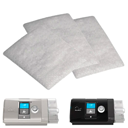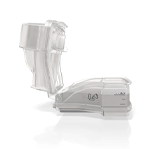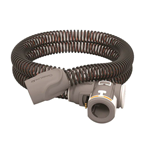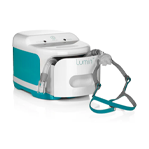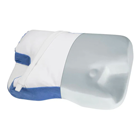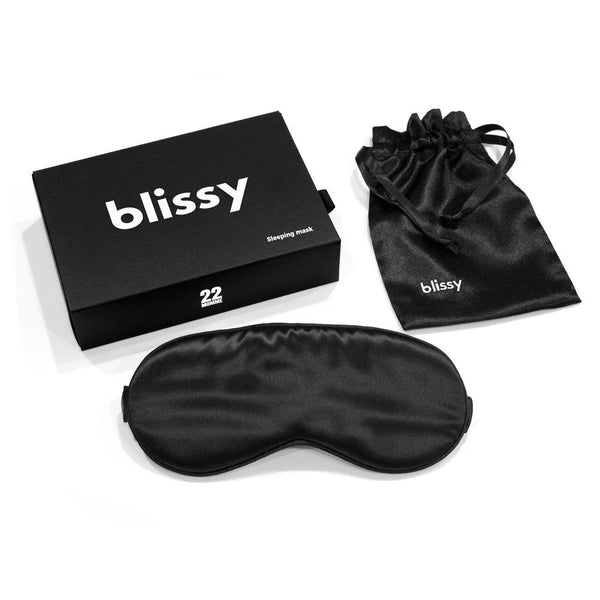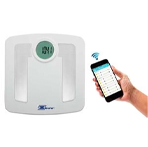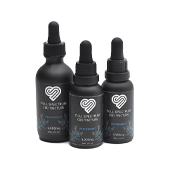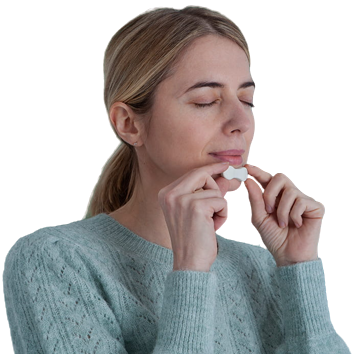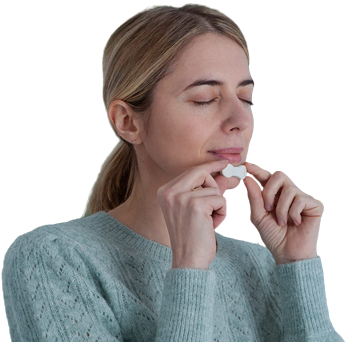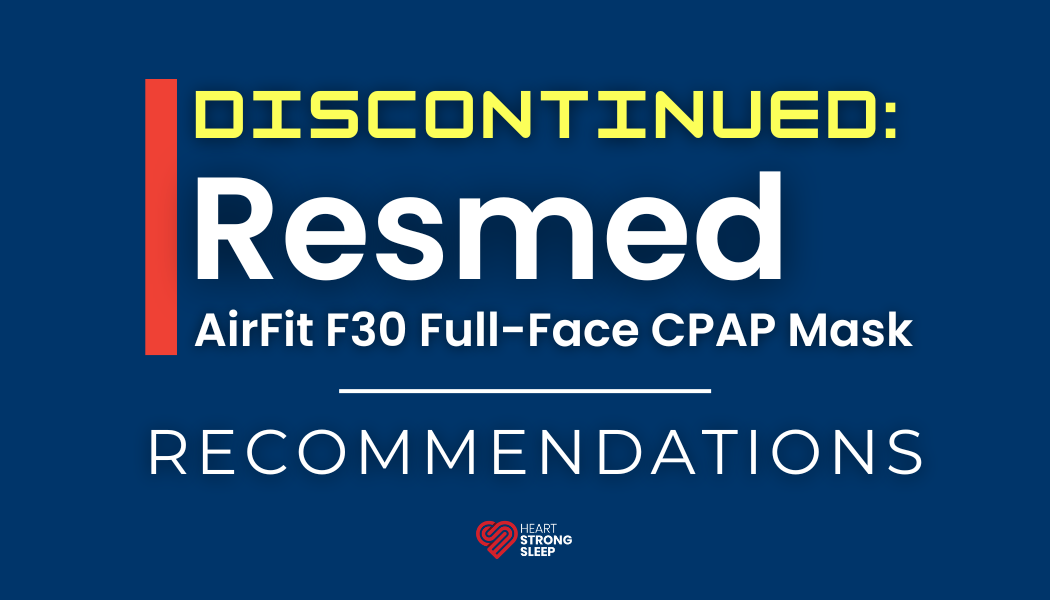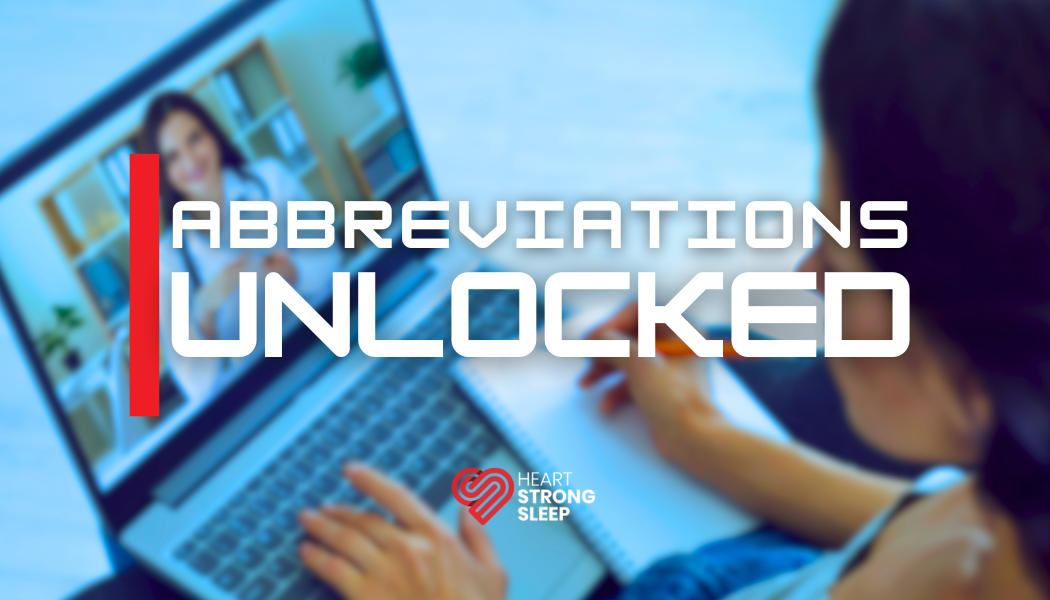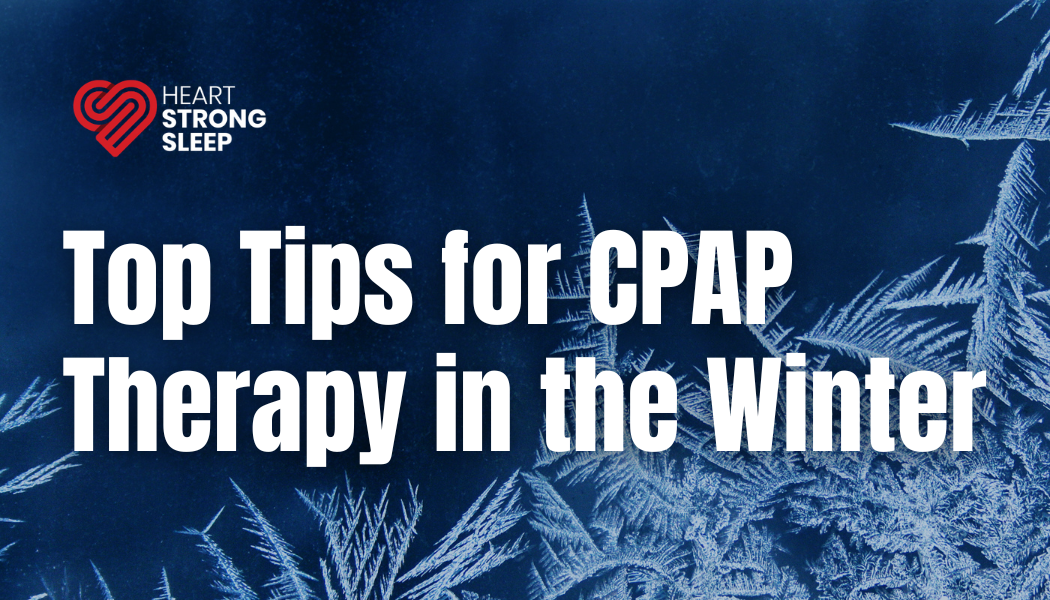Yes, CPAP therapy can potentially help improve low libido or sexual dysfunction associated with obstructive sleep apnea. Here are a few ways CPAP may help:
-
Improves Sleep Quality - The fragmented, poor sleep caused by sleep apnea can lead to low energy and fatigue. By restoring quality sleep, CPAP can increase vitality and energy levels, which may indirectly improve libido.
-
Increases Oxygen Levels - The breathing interruptions of sleep apnea reduce oxygen levels during sleep. CPAP restores oxygen saturation, which improves energy and overall health. Proper oxygenation is essential for sexual function.
-
Balances Hormones - Sleep apnea is associated with decreased testosterone levels in men and changes in hormone levels for women. CPAP may help balance these hormones, improving sexual desire and performance.
-
Reduces Blood Pressure Medications - Some blood pressure medications can negatively impact sexual function. If CPAP lowers blood pressure, some patients may be able to lower doses or eliminate these medications.
-
Improves Depression - Poor sleep quality can worsen depression, a common cause of low libido. By lifting mood and energy levels, CPAP may minimize any depression-related impairment of sexual drive.
- Betters Intimacy - The improved energy, mood, and sleep from CPAP therapy can reignite feelings of emotional and physical closeness with a partner that enhance sexual connection.
So in summary, while not a direct cure, CPAP can alleviate many of the underlying issues like fatigue, hormone changes and depression that contribute to decreased libido in those with sleep apnea. For many patients, effective CPAP use leads to an improvement in sexual desire and function.

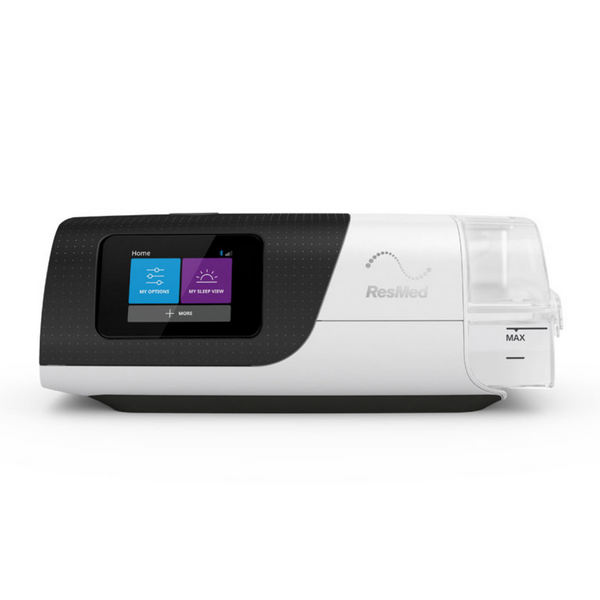
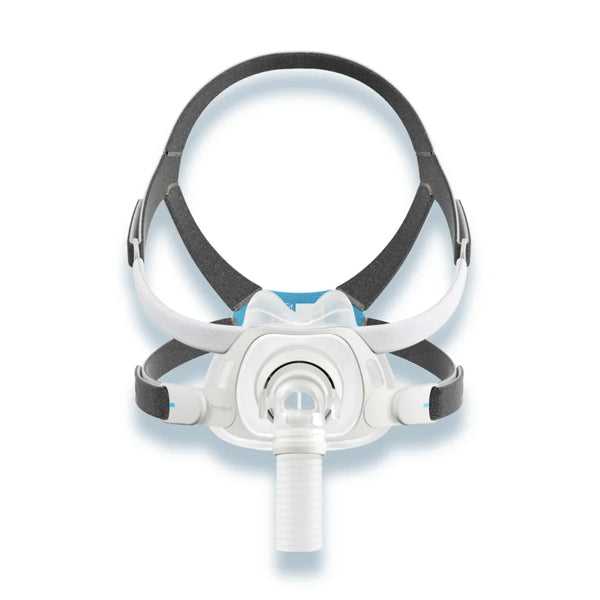
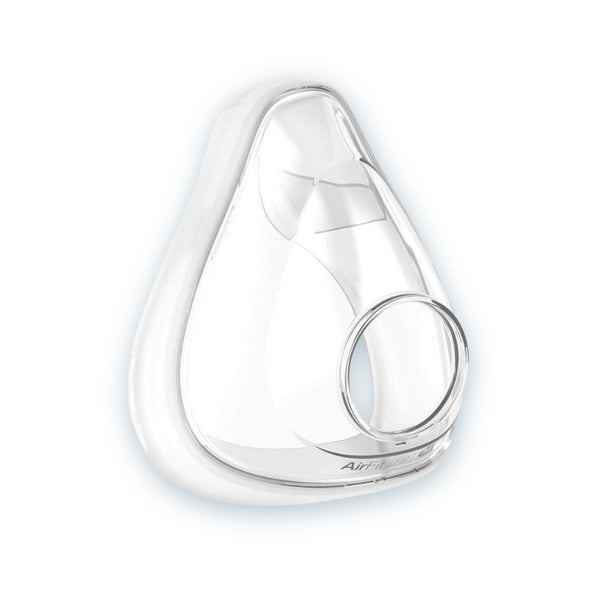
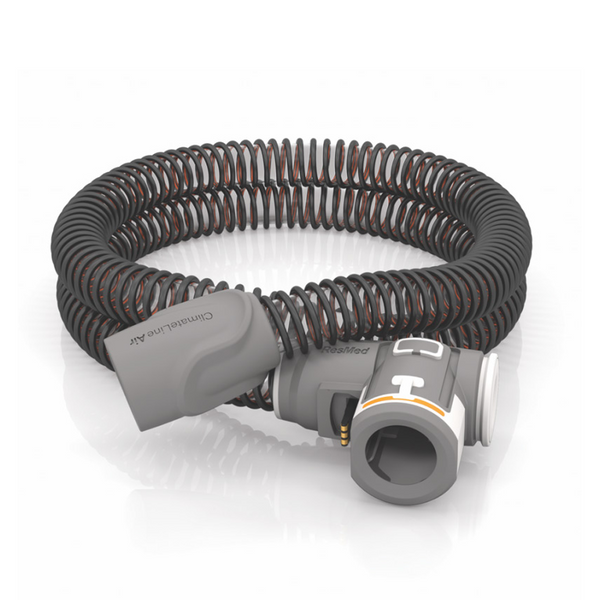


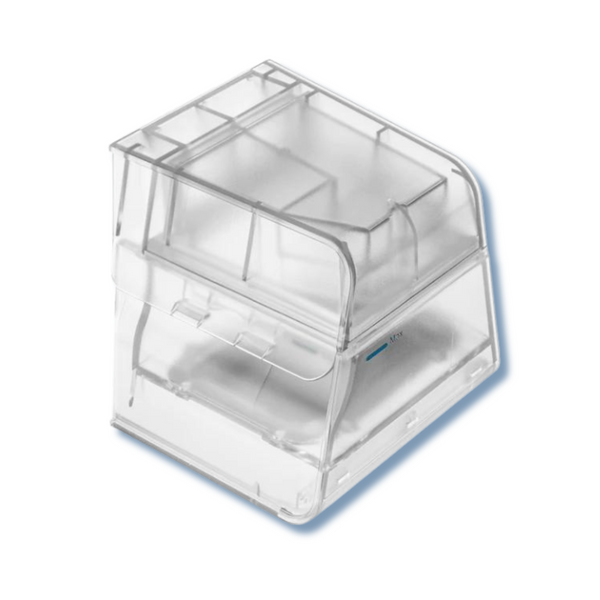
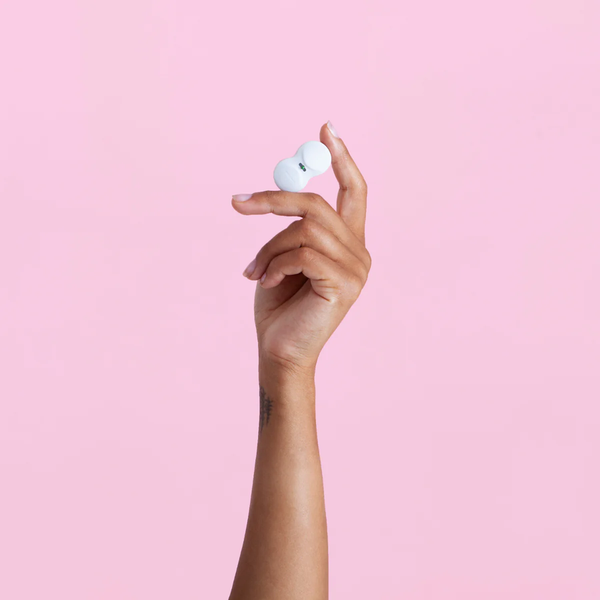
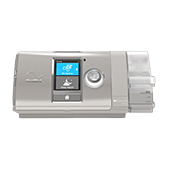
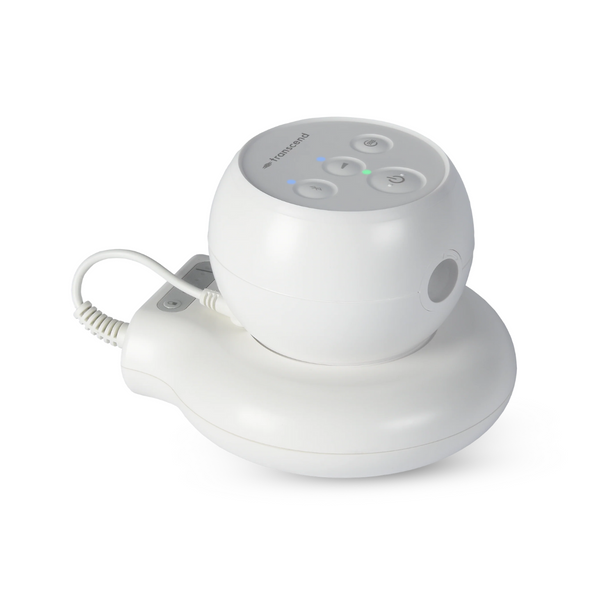
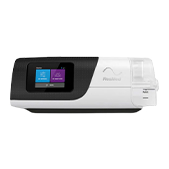
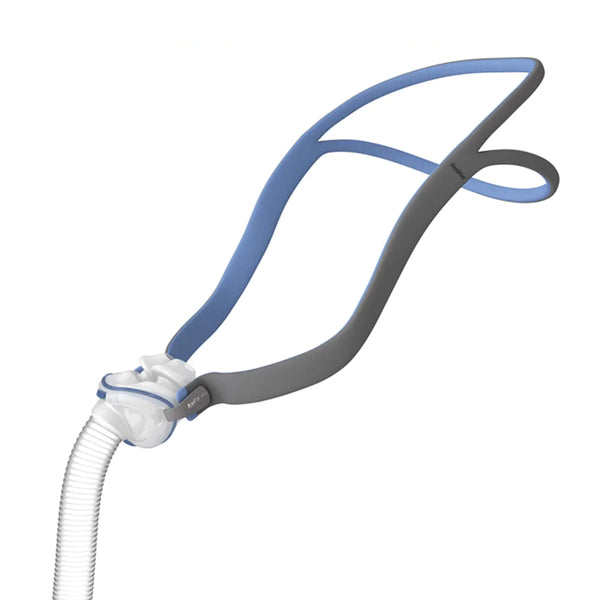
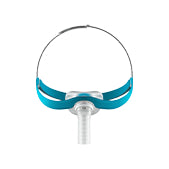
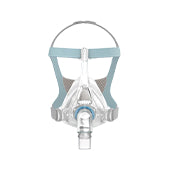
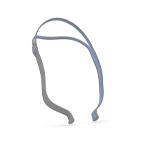
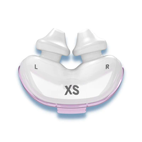
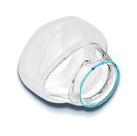
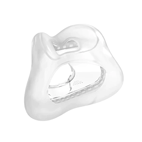
![[subscription]](http://heartstrongsleep.com/cdn/shop/files/Group_30_6a2ee5b7-7d1a-49f1-855d-428a7cb5358f.png?v=1733846466&width=600)
